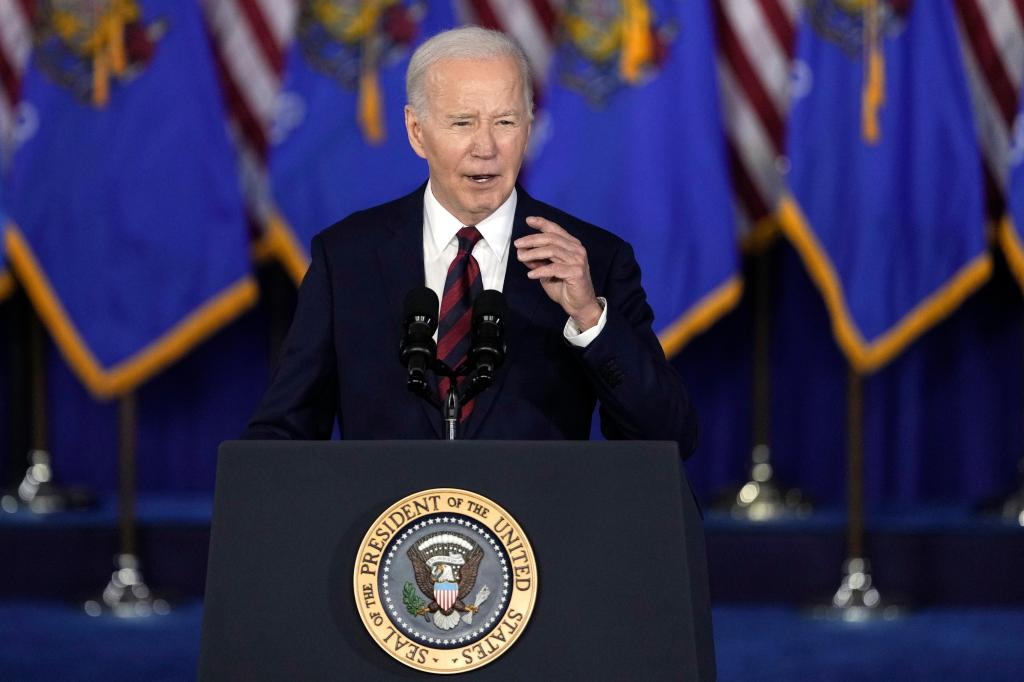By ELLEN KNICKMEYER (Associated Press)
WASHINGTON (AP) — A major deadline under the half-century-old War Powers Resolution came this week for President Joe Biden to obtain Congress’ approval to keep waging his military campaign against Yemen’s Houthis, in line with its sole authority under the U.S. Constitution to declare war and otherwise authorize military force.
Came, and went, in public silence — even from Senate Democrats frustrated by the Biden administration’s blowing past some of the checkpoints that would give Congress more of a say in the United States’ deepening military engagement in the Middle East conflicts.
The Biden administration contends that nothing in the War Powers Resolution, or other deadlines, directives and laws, requires it to change its military support for Israel’s five-month-old war in Gaza, or two months of U.S. military strikes on the Houthis, or to submit to greater congressional oversight or control.
That’s left some frustrated Senate Democrats calibrating how far to go in confronting a president of their own party over his military authority.
Democrats are wary of undercutting Biden as he faces a difficult reelection campaign. Their ability to act is limited by their control of only one chamber, the Senate, where some Democrats — and many Republicans — back Biden’s military actions in the Middle East.
While Biden’s approach gives him more leeway in how he conducts U.S. military engagement since Hamas’ Oct. 7 attacks, it risks making any crisis deeper if things go badly wrong.
James A. Siebens, leader of the Defense Strategy and Planning project at the Stimson Center in Washington, called it a “latent constitutional crisis.”
The Middle East conflicts have revived what’s been a long-running clash between presidents, who are the commanders in chief, and Congress, which holds the authority to stop and start wars, or lesser uses of military force, and controls their funding.
U.S. and British…
Read the full article here







